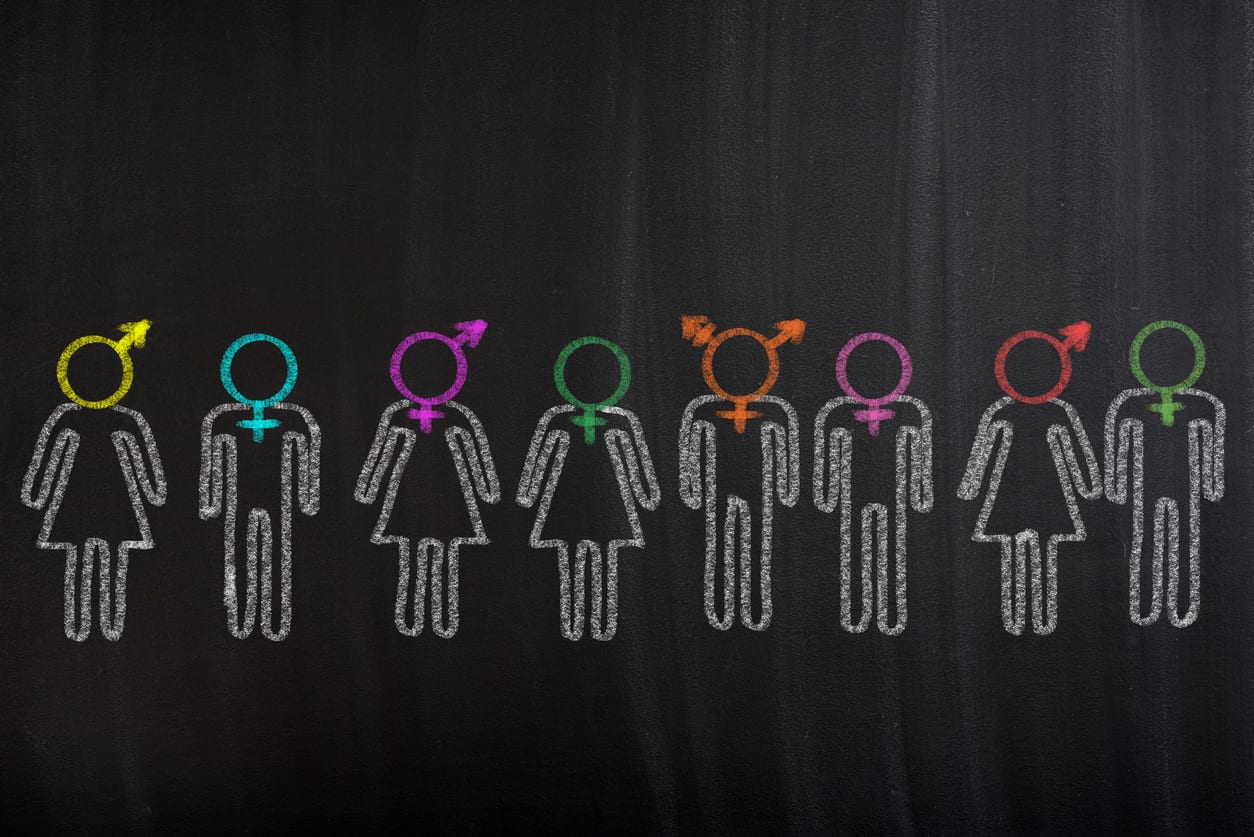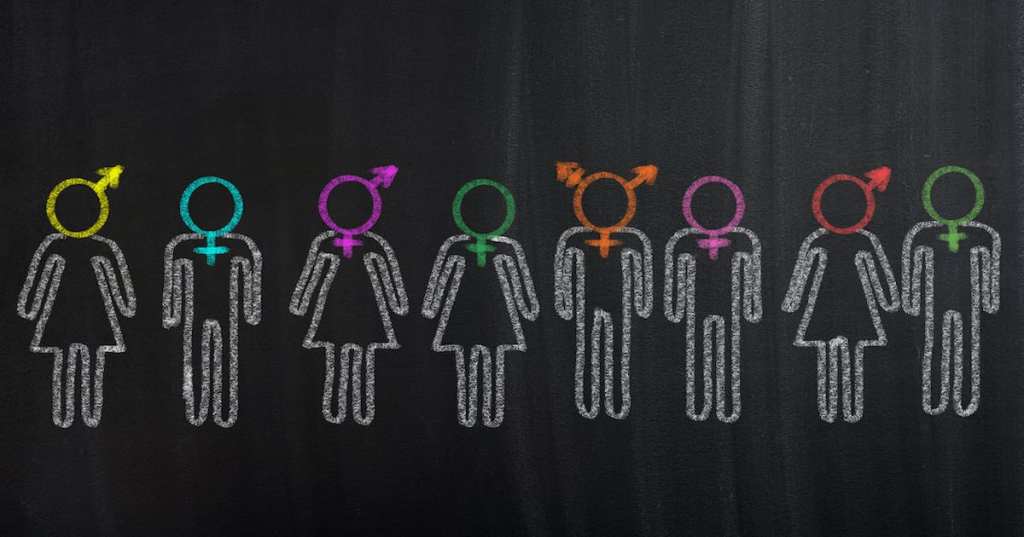Trending Now
You’ve probably heard a lot recently about gender, biological sex, and how they’re not the same thing.
Gender is fluid, biological sex is not. Sex is assigned at birth due to a person’s genitalia, but gender is more complicated. It’s so complicated, in fact, that many older people, who lived in a world that didn’t acknowledge anything beyond male and female, have trouble grasping the nuance.
If that describes you, but you are interested in learning and doing better, here’s a quick starter guide to the difference between gender and biological sex.
https://www.instagram.com/p/CCcu8GDBWnZ/
The word “biological sex” refers to the biological designation assigned to people at birth, and is based on visible body parts. People are born intersex – around 1 in 2000 people, reports NPR – which means they have mixed genitalia in some combination, either physically or in their chromosomes.
Gender, however, is more complicated. Most people choose to describe is as a social construct, and is typically much more personal than a person’s biological sex – it relates to the attitudes, feelings, and behaviors that a particular society associates with being male or female.
“It relies on folksy ideas about who’s really a woman and what traits make you a woman,” explains Katrina Karkazis, a cultural anthropologist at Yale University.
https://www.instagram.com/p/CEUqc3Olr-g/
According to The Beyond the Spectrum Campaign, a group aimed at raising awareness about the LGBTQ community, there are many gender expressions available to human beings. One end of the range are “cisgender” folks, whose gender mostly aligns with their biological sex, and on the other end, “bigender,” where people identify with both genders, or who move between masculine and feminine behaviors.
There are also people who identify as “gender fluid,” who don’t consider their gender fixed, and who fluctuate between having a gender, not having a gender, or identifying with more than one gender at the same time. They often prefer to use non-gender specific pronouns like “they” or “them.”
https://www.instagram.com/p/BkSjpvSALk0/
If someone is “pangender,” it means they relate to many or all genders, sometimes all at the same time.
Basically, it’s polite to ask what pronouns a person prefers and then to use what they prefer.

Image Credit: iStock
And if you’re going to have a party to reveal your upcoming bundle of joy’s genitalia, it would be more proper to call it a “sex reveal,” not a “gender reveal.”
It’s possible your little one won’t identify the same way as their body parts, or maybe they will – you just won’t know until they’re older.
In the meantime, try not to burn anything down while you find out.






